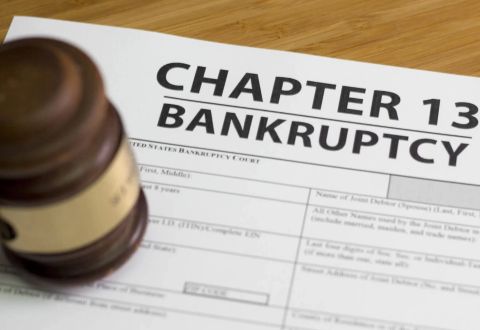Do I Need a Lawyer for a Small Claims Case? Understanding Your Legal Needs
- What is Small Claims Court?
- When to Hire a Lawyer for Small Claims
- Pros and Cons of Hiring a Lawyer for Small Claims
- How to Navigate Small Claims Court Without a Lawyer
- How to Choose a Lawyer for Small Claims
What is Small Claims Court?
Small claims court is designed to help individuals resolve minor legal disputes quickly and without the need for a lengthy, expensive trial. It's often used for cases involving smaller amounts of money, typically under a certain limit, which varies by jurisdiction. The court is designed to be more accessible, with simplified procedures, so that even those without legal training can represent themselves.
Typical cases handled in small claims court include disputes over unpaid bills, broken contracts, property damage, or unpaid wages. While the stakes may seem low, the outcome can have a significant impact on your finances and well-being.
When to Hire a Lawyer for Small Claims
Many people wonder, "Do I need a lawyer for a small claims case?" While it is possible to represent yourself in small claims court, there are certain situations where hiring a lawyer may be beneficial.
Complexity of the Case
If your case involves complicated legal issues, such as the interpretation of a contract or a claim involving a corporation, it may be wise to seek legal advice. A lawyer can help clarify legal jargon and ensure you present the strongest case possible.
Large Amount of Money Involved
If the claim involves a larger sum of money, the stakes are higher, and the risk of losing your case increases. Hiring a lawyer may increase your chances of success, especially if the opposing party is also represented by legal counsel.
Dealing with a Legal Professional
If the defendant is represented by a lawyer, it may be more difficult to navigate the legal complexities without professional assistance. Having a lawyer ensures that you are on equal footing and can properly argue your case.
Pros and Cons of Hiring a Lawyer for Small Claims
Deciding whether to hire a lawyer for your small claims case comes down to evaluating the pros and cons. Here’s a breakdown of the main benefits and drawbacks.
Pros
- Expert Legal Advice: A lawyer can provide you with the best legal strategy and ensure your case is presented clearly and effectively.
- Better Chance of Winning: With legal representation, you're more likely to secure a favorable outcome, especially when dealing with complex cases.
- Time-Saving: Lawyers handle paperwork, court filings, and provide legal insights, saving you time and reducing stress.
Cons
- Costs: Lawyers can be expensive, and in small claims cases where the stakes are relatively low, the cost of hiring an attorney may outweigh the potential reward.
- Not Always Necessary: For straightforward cases, you may be able to handle the situation yourself, saving money.
How to Choose a Lawyer for Small Claims
If you decide that hiring a lawyer is the best option, choosing the right lawyer is crucial. Here are some tips for selecting a lawyer who can effectively handle your small claims case:
Specialization in Small Claims
Look for a lawyer who specializes in small claims cases or consumer law. Specialized experience will help them navigate the nuances of small claims court more efficiently.
Cost and Fees
Understand how the lawyer charges for their services. Some lawyers may offer flat fees for small claims cases, while others charge hourly rates. Make sure to get a clear breakdown of costs before hiring.
Reputation and Reviews
Check online reviews, ask for recommendations, or consult with a lawyer referral service to find reputable attorneys. A lawyer with a proven track record in small claims cases can increase your chances of success.






